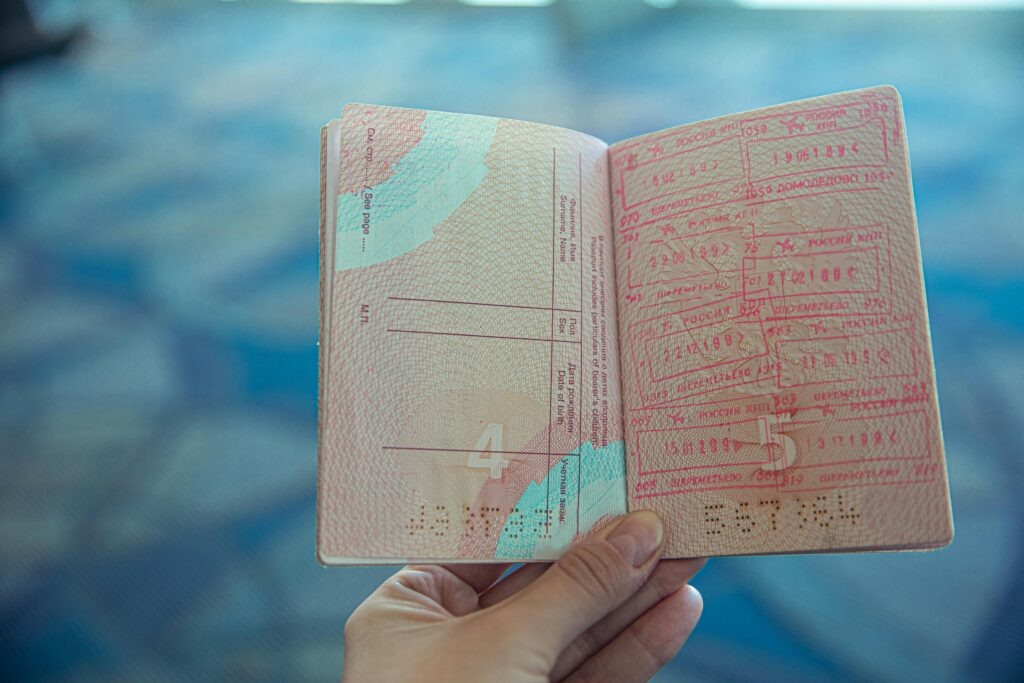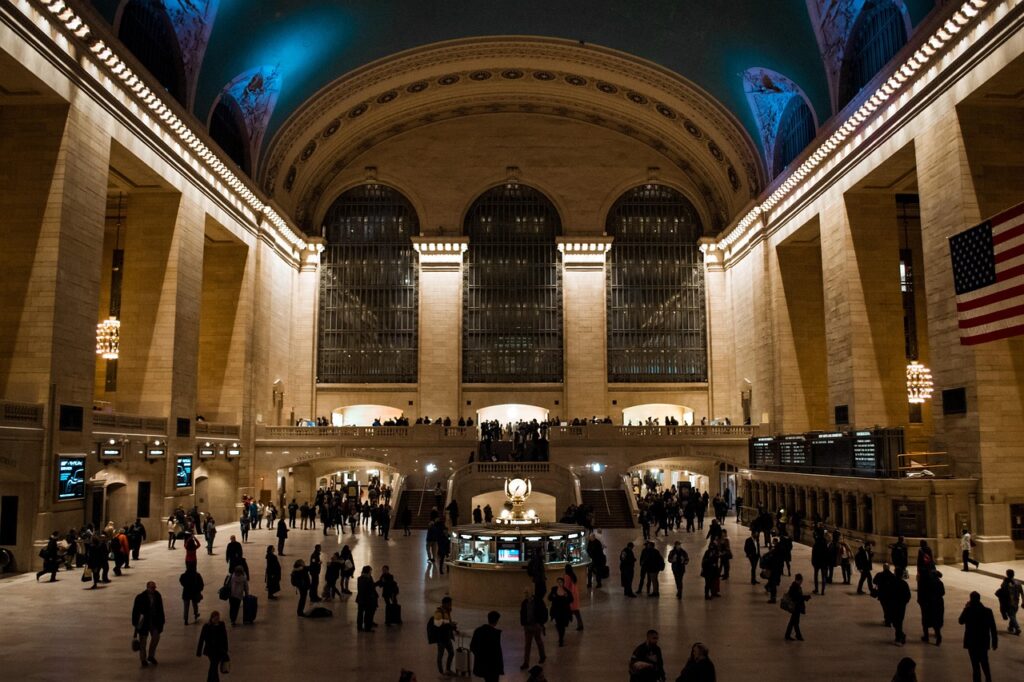In early 2025, former U.S. President Donald Trump introduced a series of policies poised to significantly reshape both domestic and international travel. These initiatives, spanning immigration reforms, economic measures, and transportation policies, carry profound implications for travelers, industries, and global relations. Here’s a comprehensive look at how these policies could impact travel and what you need to know before planning your next trip.

1. Immigration and Travel Restrictions
One of the most significant changes is the expansion of travel bans targeting countries deemed high-risk for terrorism. An executive order issued on January 20, 2025, mandates a 60-day review to assess nations with inadequate vetting procedures, potentially leading to visa suspensions.
This directive not only reinstates previous travel bans but also broadens the scope to include ideological vetting, focusing on travelers‘ attitudes and political beliefs. Critics argue that this could lead to exclusions or deportations based on political viewpoints, further straining diplomatic relations between the U.S. and affected countries.
Additionally, the administration has ramped up deportations of undocumented immigrants. A particularly controversial move occurred in February 2025 when 104 Indian nationals were deported on a military aircraft, reportedly in handcuffs and leg restraints. This action sparked international outrage and concerns over human rights violations.
2. Economic Policies Impacting Travel
Economic measures under the new policies include substantial increases in import tariffs. In January 2025, Trump imposed emergency 25% tariffs on all Colombian imports following a dispute over deportation flights. Such tariffs are expected to influence travel costs, consumer prices, and international relations, potentially leading to retaliatory measures from affected countries.
In an effort to attract affluent investors, the administration introduced the “gold card” visa, offering permanent U.S. residency to individuals who invest at least $5 million in the country. While this initiative aims to boost economic growth, similar programs worldwide have faced criticism for increasing economic disparity and raising security concerns.
3. Transportation and Infrastructure Changes
Trump’s policies are also targeting domestic transportation initiatives, notably challenging New York City’s congestion pricing program. In early 2025, federal approval for the program was revoked, with officials arguing that the toll scheme lacks a free highway alternative and directs revenues to public transportation rather than highway development.
Legal battles are underway, with city officials maintaining that the federal government lacks the authority to intervene in local transportation policies. If the administration succeeds in halting congestion pricing, similar initiatives in other major cities could also be affected.

Frequently Asked Questions
1. How do the new travel bans affect international travelers?
The expanded travel bans may result in increased visa denials and heightened scrutiny for travelers from certain countries. If you’re planning a trip to the U.S., check the latest travel advisories from the U.S. Department of State for updated visa requirements.
2. What is the “gold card” visa, and who qualifies?
The “gold card” visa is designed for wealthy foreign nationals willing to invest at least $5 million in the U.S. While full eligibility details are still emerging, the program is primarily aimed at high-net-worth individuals capable of stimulating the U.S. economy.
3. How might increased tariffs influence travel plans?
Rising tariffs can lead to higher prices for imported goods and services, which could increase travel expenses. Airfare, hotel costs, and other travel-related expenses may also rise, particularly in countries subject to new trade restrictions.
4. What changes have been made to transportation policies like congestion pricing?
The federal government is challenging local congestion pricing programs, arguing that they unfairly tax drivers without offering highway alternatives. Travelers in major U.S. cities should stay updated on potential changes in tolls and transportation fees.
Final Thoughts
These policies are still evolving, with legal challenges and political debates shaping their final impact. Travelers, business owners, and policymakers should stay informed about how these changes will influence global mobility in the coming years. As the situation develops, monitoring official government announcements and trusted news sources will be essential for making informed travel decisions.

Sources BBC


